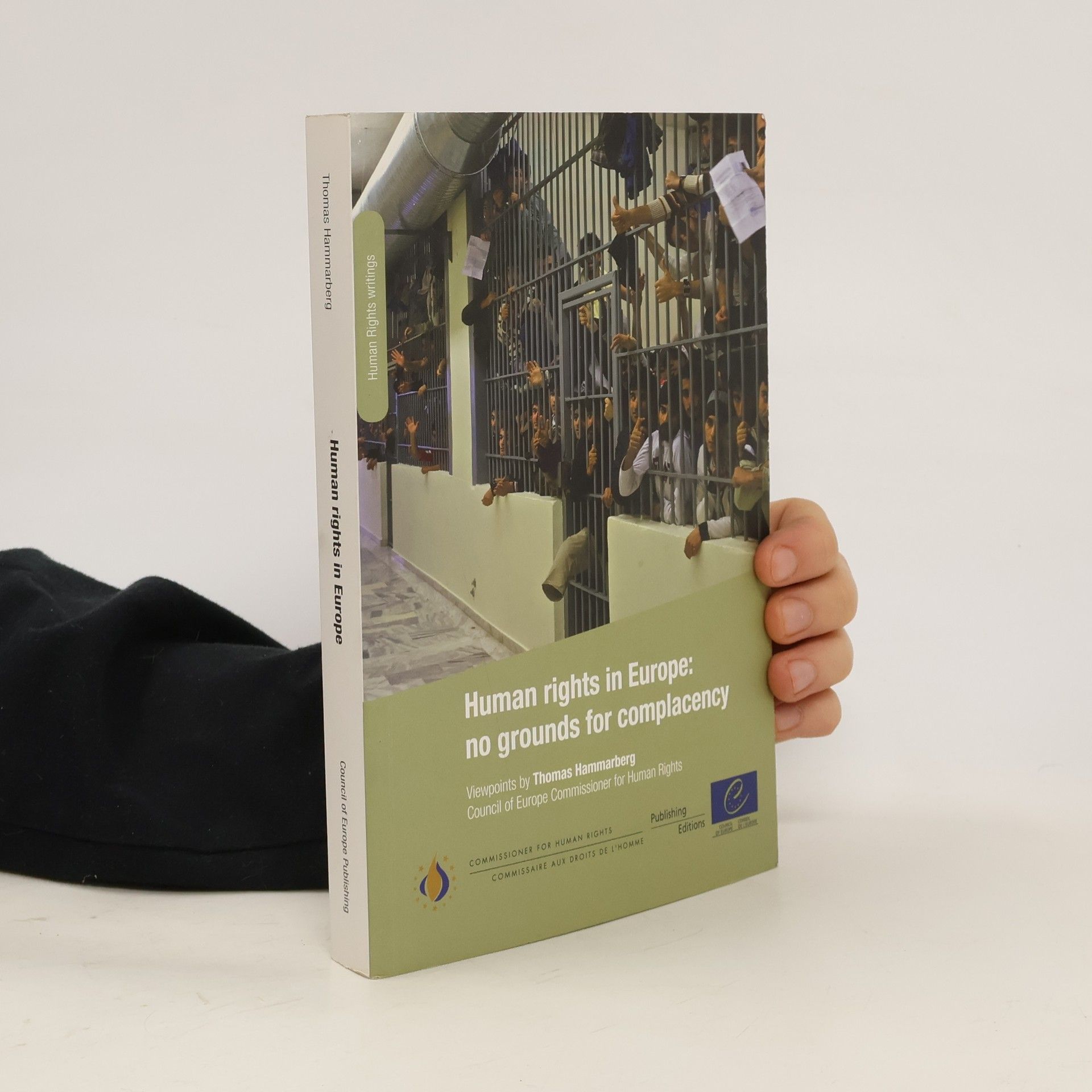Political rhetoric on human rights in Europe is different from daily reality. Almost every politician is on record as favouring the protection of freedom and justice. Standards on human rights have been agreed at European and international level; many have been integrated into national law; but they are not consistently enforced. There is an implementation gap. it is this implementation gap that this book seeks to address. it is built on a compilation of separate "viewpoints" or articles which Thomas Hammarberg has written, and later updated, since beginning his mandate as Council of Europe Commissioner for Human Rights in April 2006. He has now visited almost all of the 47 member states of the Council of Europe. On each visit he has met victims of violations of human rights and their families, leading politicians, prosecutors, judges, ombudsmen, religious leaders, journalists and civil society representatives as well as inmates of prisons and other institutions, law enforcement personnel and others. The "viewpoints" written on the basis of these many visits summarise his reflections, conclusions and recommendations.
Thomas Hammarberg Bücher
